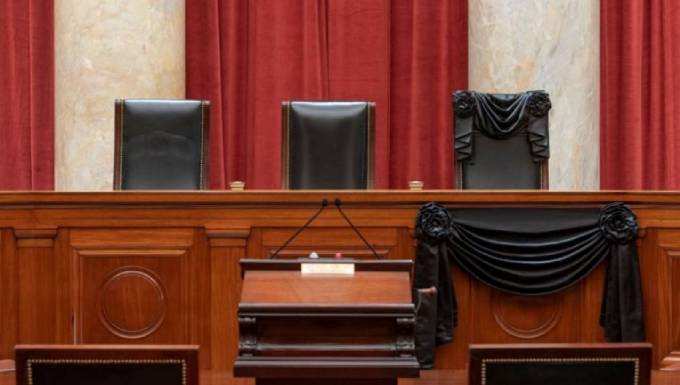The death of Ruth Bader Ginsburg on September 18 raised red flags on issues of personal concern to Americans who admired Justice Ginsburg’s liberal stance on reproductive and voting rights, gun violence, and affordable health care. Less obvious in the welter of pending challenges to current practice before the U.S. Supreme Court is the potential impact of her passing on the impersonal subject of intellectual property and copyright law—an area in which Justice Ginsburg’s support for extending creative-copyright protection sometimes put her at odds with fellow liberals on the court like Stephen Breyer. Describing her as “hawkish when it came to copyright [law],” a September 21 Hollywood Reporter post by Eriq Gardner—“A Supreme Court Without RGB May Impact Hollywood’s Grip on Intellectual Property”—speculates that the replacement of Ginsburg on the court by a less passionate creative-rights advocate may limit “which future copyright cases the Supreme Court decides to take up.” Citing the example of Steinbeck v. Kaffaga, the case “which concerns movie rights to the works of Nobel Prize-winning author John Steinbeck,” the Hollywood Reporter piece suggests that the loss of Justice Ginsburg “likely dampens the prospects of high court review.”
Photo of Justice Ginsburg’s seat draped in black courtesy of the U.S. Supreme Court.



Thanks for raising the issue of intellectual property and copyright law. Justice Ginsburg’s advocacy is a sore loss.